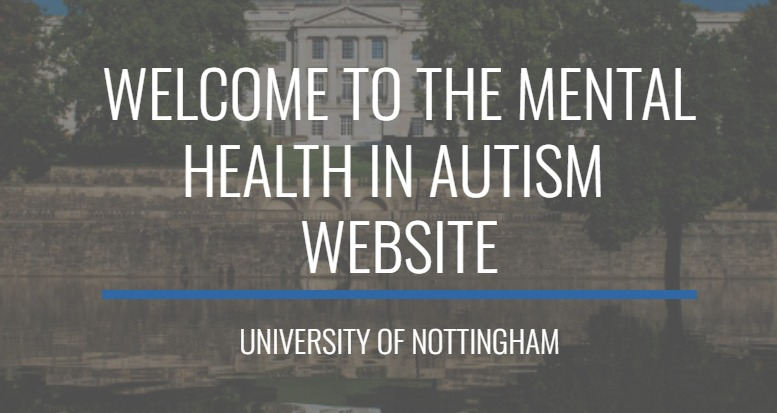
autistica.org.uk – understanding-suicide-in-autism
https://www.researchgate.net/lab/MHAutism-Group-Sarah-Cassidy
Mental Health in Autism (MHAutism) is a research group exploring the unique challenges autistic adults face in relation to mental health problems, self-injury, and thoughts about ending life. We want to understand why autistic adults experience these difficulties so we can lobby for better support to improve quality of life for autistic people.
Follow on Twitter @MHAutism
Contents:
Introduction
Why autism community priorities for future suicide prevention research are so important
What are the top 10 priorities for future suicide research in autistic people?
1 What barriers do autistic people experience when seeking help, which may put them at greater risk of suicide?
2 What are the risk and protective factors for suicide in autism across the lifespan?
3 To what extent are autistic people not believed about the severity of their distress?
4 How can we further understand suicide where mental health is not a factor across the lifespan?
5 How can we best identify and assess suicidal thoughts and suicidal behaviours in autistic people, in research and clinical practice?
6 How should interventions be adapted for autistic people and individual presentations?
7 What is the experience of suicidal thoughts and behaviours in autistic people? Is this experience different to the general population?
8 How do autistic people seek help when they are in a crisis?
9 How well do existing models of understanding suicide apply to autistic people?
10 What is the impact of poor sleep on suicide risk in autistic people, and how can this be measured?
How did we get to the top 10?
Next steps
Additional research priority area rankings in the workshop and online survey


